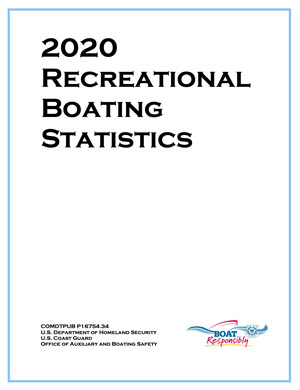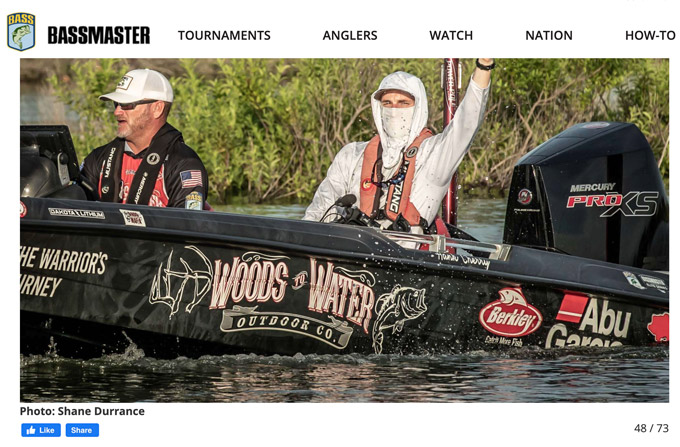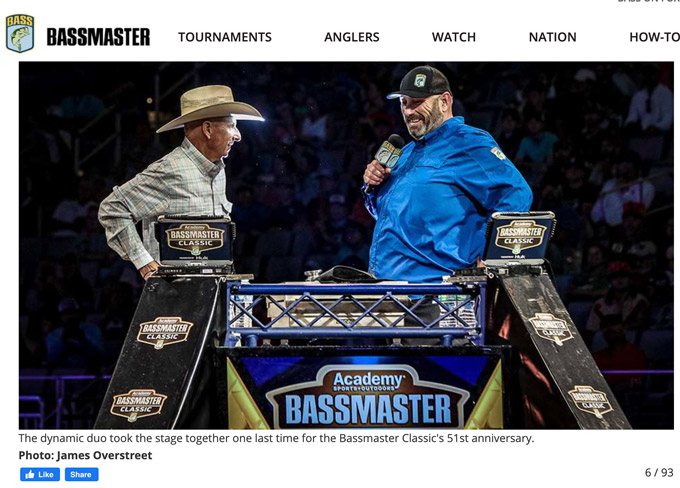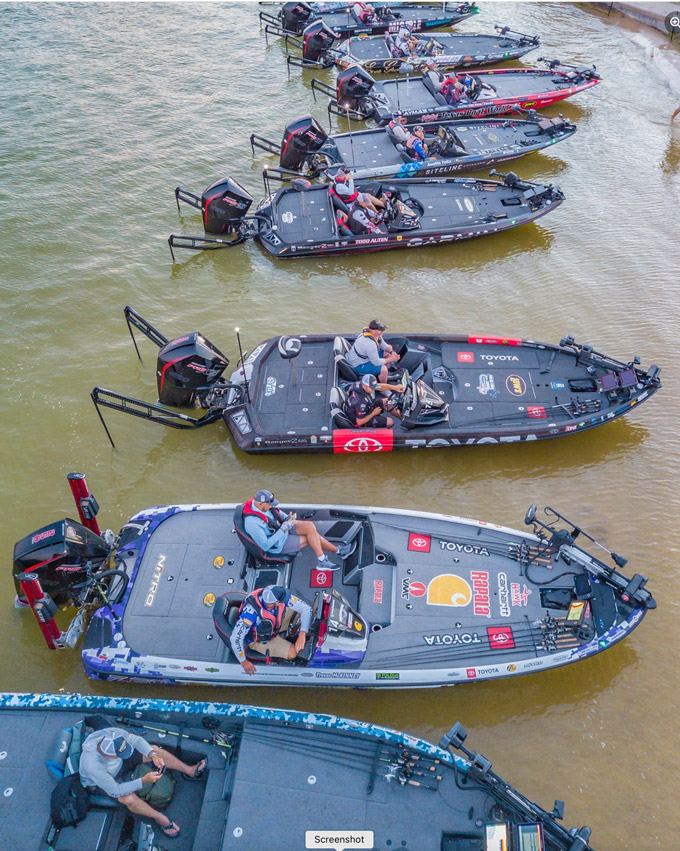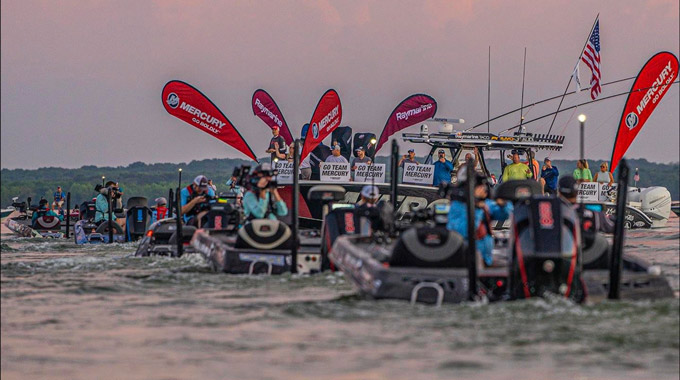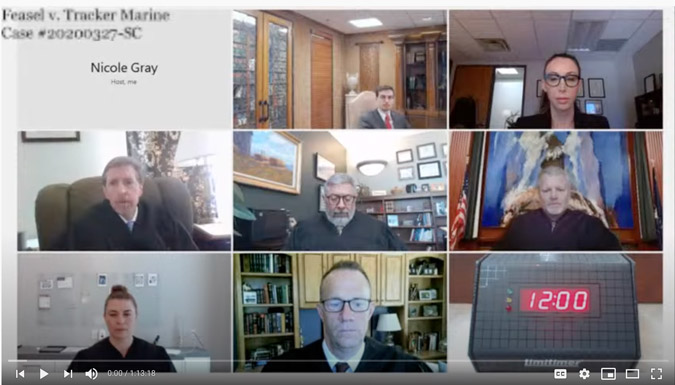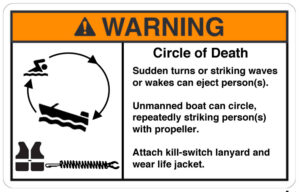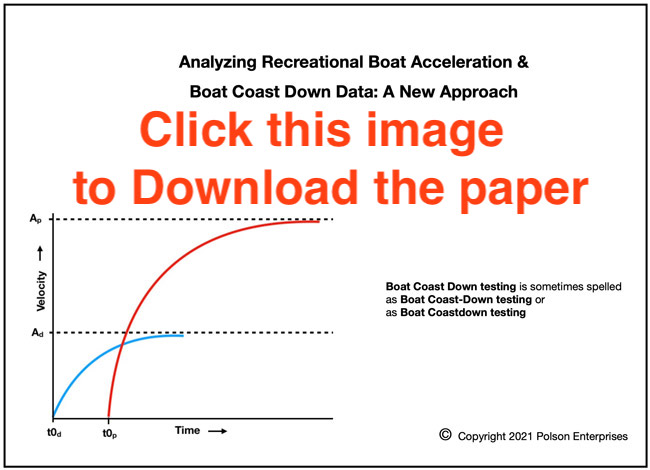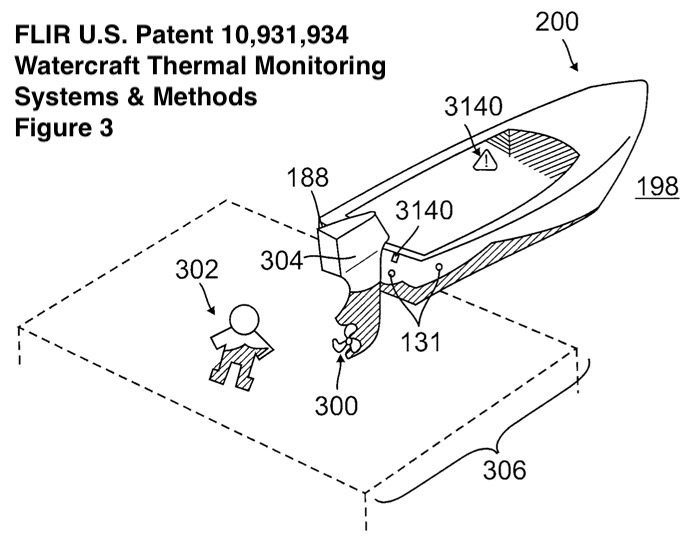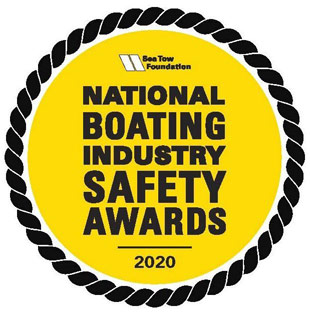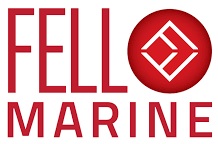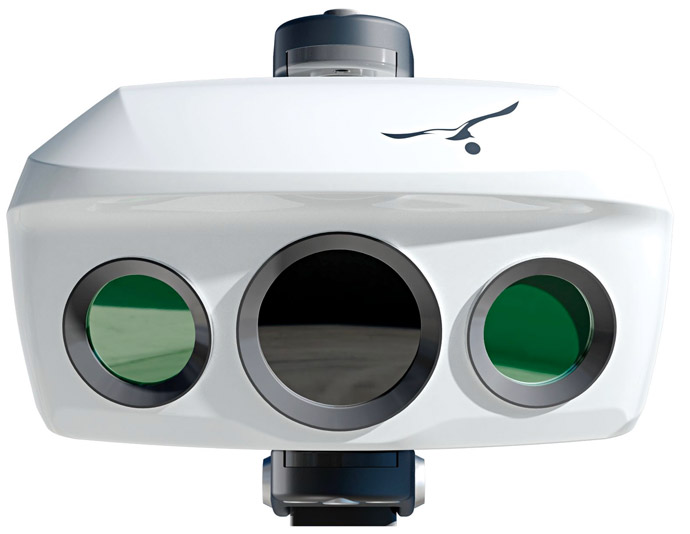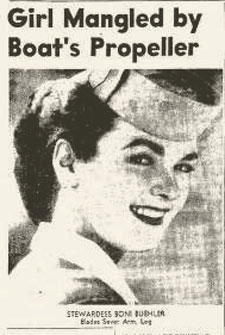
Boni Buehler, high profile boat propeller accident trial
resulting from a 1953 boat accident
When we read about boating cases/trials in online boating forums, we naturally want to weigh in on what we think happened in the accident. In addition, we also want to weigh in on the findings of the court / Jury.
Themes typically brought up in an online boating forum discussion of a Boat Accident case / trial often include:
- The McDonalds coffee case.
- Remington model 700 rifle trigger cases & the Remington Sandy Hook case.
- My car tires do not have guards on them.
- Lawyers are blood suckers looking for deep pockets.
- The boat operator is a drunken, high on drugs, irresponsible, idiot.
- The boat operator is 100 percent at fault.
- I can’t understand how the Jury could assign that high of a percentage of fault to the boat builder.
- The boat operator should have (insert commenter’s proposed actions).
- It is sad the person is deceased, but they should have (insert commenter’s proposed actions).
- The jury was packed with bleeding heart city folks that know nothing about boating.
- Nobody takes responsibility for their actions anymore.
- You can sue anybody for anything.
- Jury was full of morons.
- We already have too many warning labels, and now they want more
- Are they going to put a warning on (fill in the blank with something ridiculous) now?
- This case is an example of why boats and everything else have become so expensive.
- This award will be struck down on appeal.
The common theme is many comments are harsh negative comments about the boat operator, the injured or deceased person, the lawyers, and the jury.

